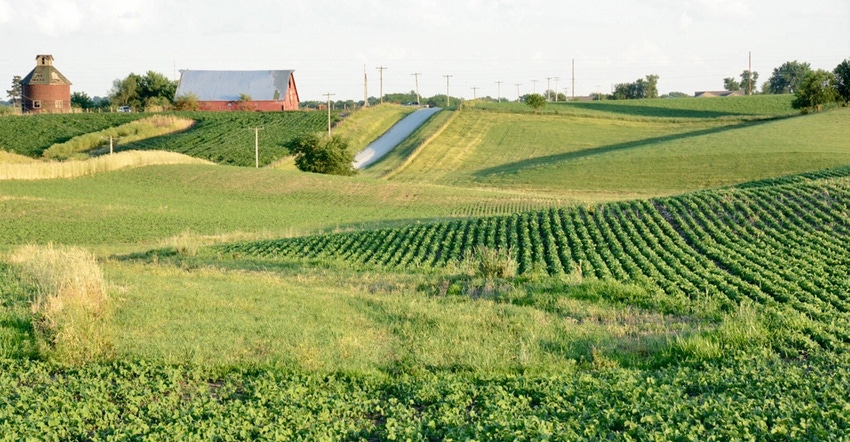January 2, 2018

I recently participated in a discussion regarding our aging Natural Resources Conservation Service workforce and a growing concern about bringing on new employees to fill the void. Are there enough young people interested in agricultural conservation? Does our educational system still offer foundational classes to meet the industry’s technical needs? Do we have enough mentors to provide crucial on-the-job training?
I’ve heard similar concerns expressed throughout the ag industry, where the issue includes the farm labor force as well. You have probably heard that the average age of the American farmer is approaching 60. While the number in Illinois is a little lower, it’s still high enough to catch people like me who look in the mirror and don’t see that familiar fresh face looking back at them. It makes us start to think about whether or not there will be someone to carry on the farm legacy.
Land and equipment prices can make it almost impossible to start farming if you don’t already have your foot in the door. Even if you do have an in, it can be difficult to stay there. I remember the joke people used to tell when I was much younger about the farmer who won a million dollars in the lottery. When asked what he planned to do with the money, he said he intended to keep farming until it was all gone. The first thing I think of when I hear that story is that these days, it wouldn’t take very long to go through a million dollars!
But I don’t think the future for new farmers is all doom and gloom. It’s actually pretty bright for agriculture and conservation — and here’s why:
• Agriculture is strong because people around the world are pretty keen on eating regularly. I don’t see that changing anytime soon.
• People’s awareness and concern for expanding ag production while being mindful of environmental issues is becoming the new norm.
• Advances in technology, digital information and communication continue to expand exponentially. The equipment, tools and seeds in ag industry just keep getting better — and smarter — every day.
• There is an educated and motivated group of young men and women from farming backgrounds with advanced degrees in agriculture, crop sciences and business who still want to be part of a farm lifestyle. I meet these young people on a regular basis. I’m excited that they know how to use the technology, they are interested in putting conservation first, they are willing to try new things, and they are still excited about farming.
• I also meet young people who have never known life on a farm but who are able to devise new ways — or revisit old concepts — to successfully address problems with fresh, innovative, 21st century solutions. Urban farming and local restaurant use of farm-to-fork marketing trends are opening up new farming opportunities every day.
• Local, state and federal agencies like USDA’s NRCS are poised and ready with staff, technical expertise and financial help to assist these startups and get them off to a good start.
• All across Illinois and the nation, our commodity associations, ag partners, not-for-profit groups and current farmers are joining together to offer their assistance, insights and experience at meetings, field days and events all year long.
Illinois and the nation need strong ag production to feed this growing planet. We need healthy soils to grow all that food and keep pantries well stocked. As I see it, all the necessary elements to make that happen are still aligned to provide the opportunity for those who are ready and willing for the job.
Dozier is the Illinois state conservationist. Direct comments or questions to [email protected].
About the Author(s)
You May Also Like




